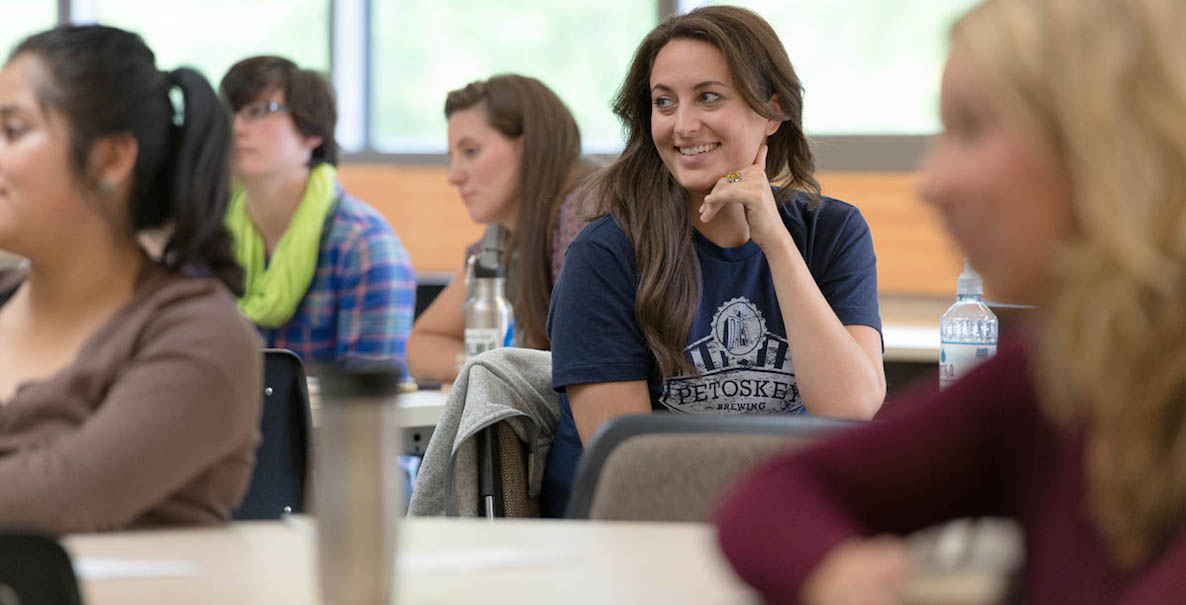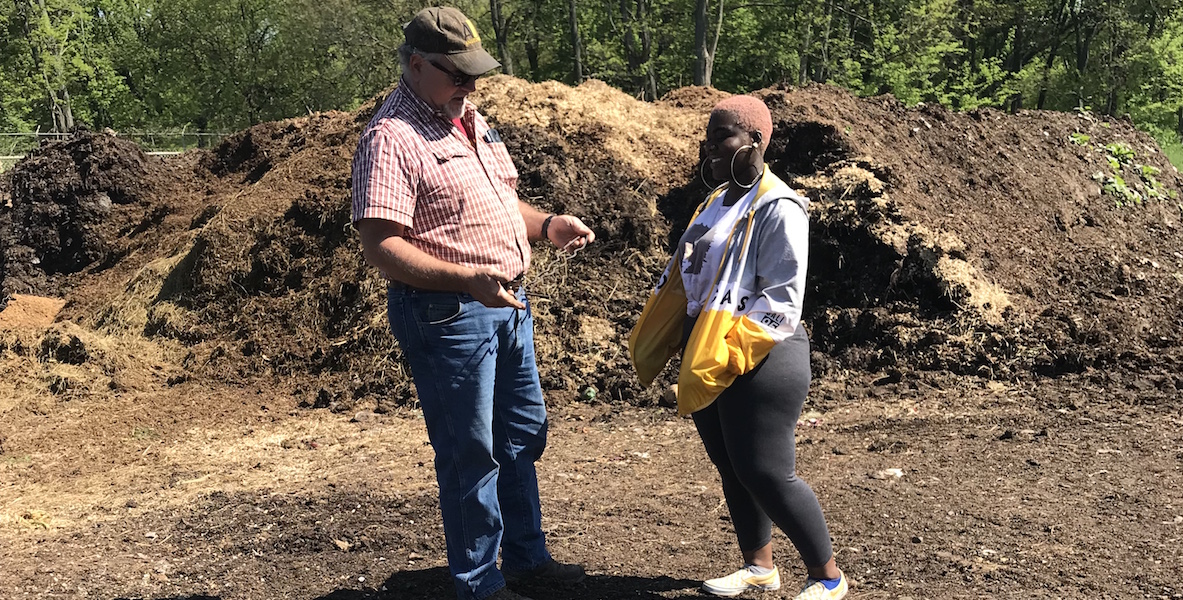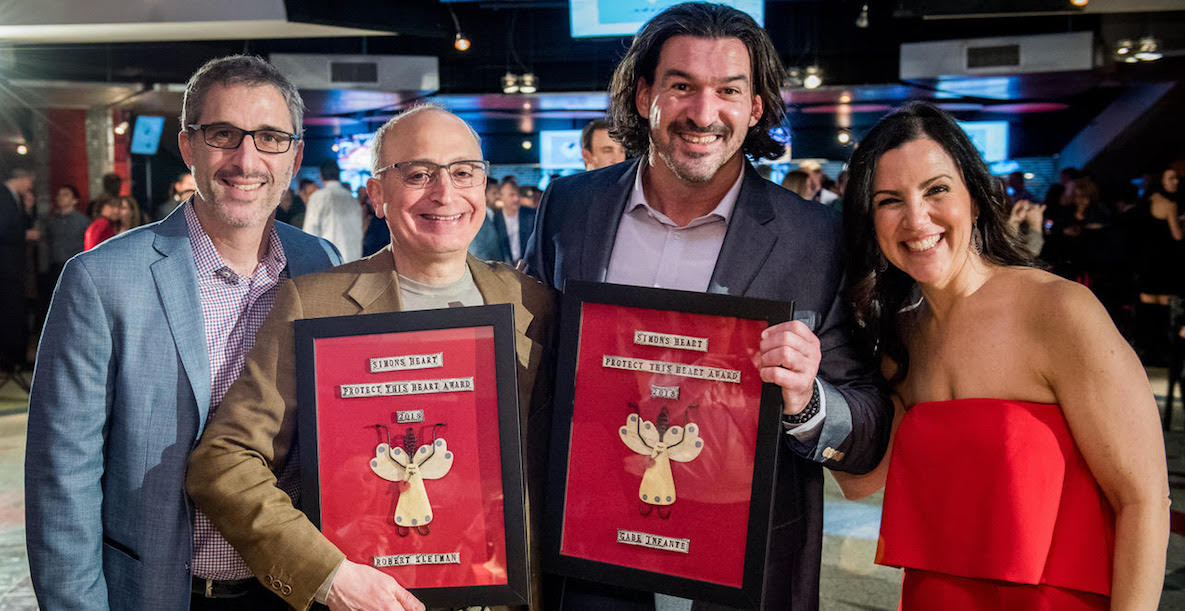In September 2014, 14-year-old Ryan Gillyard began his freshman year at St. Joe’s Prep. He played football under coach Gabe Infante, and was, as far as everyone could see, a healthy teenager.
But the following April, he collapsed on the field during a workout session and died shortly after at Temple University Hospital. He had, at 15, suffered from hypertrophic cardiomyopathy, an undiagnosed heart condition that had caused his heart muscles to thicken and generate abnormal electrical impulses.
Infante, who has been coaching high school football since 1997 and travels the country with USA Football to run player safety clinics, is as dedicated as they come. He left a career as an attorney in 2004 to coach full-time and calls the job a calling. But he struggled to continue coaching after he lost Ryan.

Prefer the audio version of this article? Listen to this story in CitizenCast below:

“I thought about giving up,” says Infante. “I thought about not coaching any more and I think a lot of coaches have given up after something like this. You feel on an island; you feel so isolated.”
Though shocking and heartbreaking to the St. Joe’s community, the sudden death of a student athlete with an undetected heart condition is not that uncommon. More than 2,000 children and teenagers die from sudden cardiac death each year, with two-thirds of incidents occuring during exercise. In the beginning of May, 14-year-old Dyllan Burrell of Somerset County, New Jersey collapsed while playing lacrosse in gym class. Two hours later, he was dead; an official cause of death has not been released, but his mom posted on a crowdfunding page that he had a heart attack.
“As a coach you become really a grief counselor almost overnight for your families, your students,” says Infante. “Even after three years, we are still putting together the pieces.”
Darren Sudman, co-founder and CEO of Simon’s Heart, understands the pain of unexpectedly losing a child; his 3-month-old son Simon died during a nap in 2005 as a result of a heart condition passed onto him by Darren’s wife, Phyllis, that his parents were not aware of. Spurred by their own pain and the hope that they could save other parents from it, Darren and Phyllis launched nonprofit Simon’s Heart—originally known as Simon’s Fund—to raise money and awareness for heart screenings for kids.
Sudman and Infante met when Simon’s Heart hosted a free heart screening at St. Joe’s after Gillyard’s death, and the two are now partnering to start Coaches Circle, a project that will bring together coaches from all over the country who have lost students to sudden cardiac death to talk with a counselor and explore grief resources.
They hope to have their first call next month, though they acknowledge that the beginning of the group will be tenuous, and they don’t quite know yet what Coaches Circle will come to be. “There’s no telling what the program will ultimately look like. Everybody handles those traumatic events differently, so it’s not about imposing on anyone. It’s just simply creating a tool that could help people,” explains Infante. “I don’t know if I would have been up to speaking to someone after Ryan died, but I think certainly would have utilized resources that were shared with me.”
Though Sudman is not a coach, he understands the isolation that can accompany the loss of someone close to you, and knows that while the focus is often on the parents when a child dies, coaches who have lost student athletes need support, too. “There’s plenty of people you can turn to if you lose a playoff or a championship game,” he says. “But there’s no one to turn to for this.”
![]()
Elizabeth Campbell, the licensed professional counselor who will be working with the group, says that as simple as it seems, talking to others who have been through the same thing really can be beneficial to the healing process. “Connecting with others, particularly those that have been through similar losses and ‘get it,’ is paramount to supporting yourself after a traumatic loss. The Coaches Circle is meant to provide connection as well as serving as a venue to share stories as coaches are ready,” she says. “Telling your story can be one of the most crucial aspects to healing after a traumatic loss.”
And while coaches grieve, they are also expected, with no training or support, to hold together the community around them. “As a coach you become really a grief counselor almost overnight for your families, your students,” says Infante. “Even after three years, we are still putting together the pieces.”
Campbell says she and the rest of the Coaches Circle team hope this project will provide some of that missing link. “A coach’s role can be isolating in that you are often put in a place to support others, but may not receive any yourself. This isn’t sustainable to maintain, especially because the pain of grief has many layers and can continue for years,” she explains. “Our intention for the Coaches Circle is to be a safe place to provide that connecting and sharing to support the healing of coaches.”
Simon’s Heart has provided more than 16,000 free heart screenings and identified 120 young people with heart conditions.
Sudman and Infante are currently reaching out to coaches who have lost students, guided solely by the names of young people in the news. Sudden cardiac arrest is the number one cause of death in student athletes, but no one keeps track of the names or their stories.
Though much of Simon’s Heart’s work involves education and heart screenings, Sudman says this particular project will not be about recognizing warning signs or what to do when a player collapses—because after losing a kid on the court, that’s probably the first thing the coach looked up on his or her own. “This is really just about nurturing the soul and trying to prevent them from quitting coaching or quitting teaching or kind of quitting life,” says Sudman. “Because this is just devastating.”
Since its inception, Simon’s Heart has raised more than $2 million, and currently has support from big names like Independence Blue Cross and Subaru’s Share the Love program. The organization has provided more than 16,000 free heart screenings and identified 120 young people with heart conditions. The organization goes to schools on weekends to perform the heart screenings, and will soon go during the school day to reach kids they might otherwise not on weekends. They also work with the Athlete Health Organization each year to perform pre-season physicals—including heart screenings—for Philly public school students.
![]()
Sudman also successfully lobbied Pennsylvania’s state legislature in 2012 to pass the Sudden Cardiac Arrest Prevention Act, which requires parents of student athletes to read and sign forms about cardiac arrest and coaches to complete a training program. Similar laws have since been adopted in 11 other states. The organization also has a digital registry of student EKG data called HeartBytes that it hopes will help researchers learn more about sudden cardiac arrest in students.
In addition to Coaches Circle, Simon’s Heart also recently launched “Got AED,” a crowdfunding site for automatic external defibrillators, tools that stimulate the heart with electricity during cardiac arrest and can cost as much as $2,000. On the site, schools, community centers, and other places where kids learn and play can start a crowdfunding campaign for an AED.
Along with the website, Simon’s Heart started the Got AED Overtime Challenge, a partnership with the Flyers in which any time the team wins a game in sudden death overtime, Simon’s Heart donates an AED. As a result of Flyers’ win over the Boston Bruins on April 1, Wissahickon Charter School received the first donated AED in mid-May.
Though the organization has been touching students for more than a decade, coaches are just now being recognized as needing support, and Sudman and Infante are ready to give it. “Losing Ryan was extremely painful and very very difficult and I have to make sense of it. The only way to make sense of it is to make something good come out of it. That way Ryan’s name lives forever and Ryan didn’t die in vain,” says Infante. “I refuse to let that young man’s memory end on that day.”
Photo: Darren Sudman, Bob Kleiman (ERT), Gabe Infante and Phyllis Sudman. Bob and Gabe received the Protect this Heart Award at Simon’s Soiree





